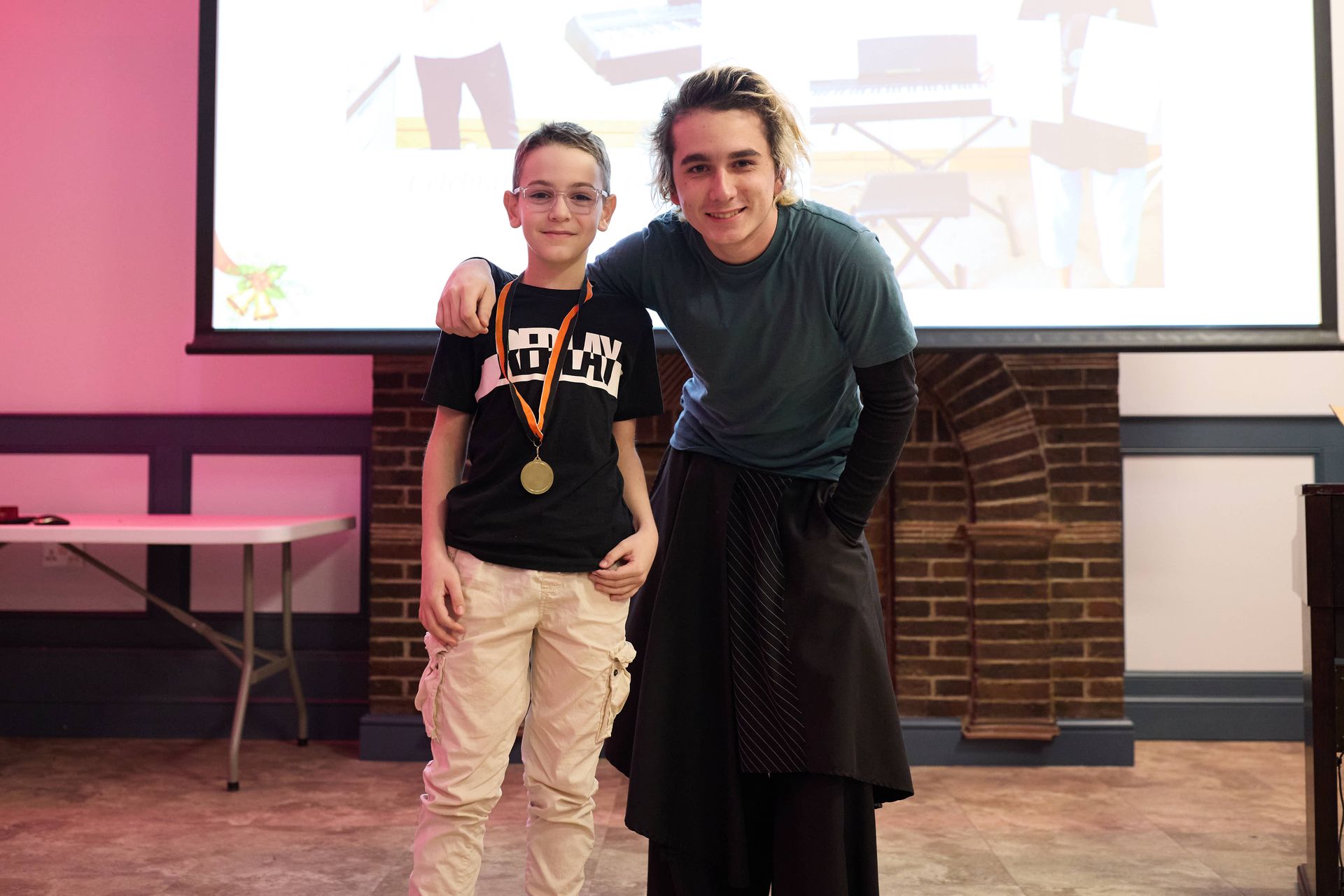What Should I Do if My Child is not Practicing their Piano?
Have you found yourself in a situation where your child is not practicing their piano? Here are some of our recommendations when this happens.
It's essential to approach the issue with understanding and patience. First and foremost, talk to your child about their feelings towards piano lessons. Find out if they are struggling with the instrument, feeling overwhelmed, or simply not interested. By understanding their perspective, you can address their concerns and find ways to make the piano practice more enjoyable for them. Remember that children may have different reasons for not practicing, and it's crucial to create a supportive environment where they feel comfortable expressing their thoughts and emotions.
Consider exploring alternative approaches to practicing the piano that may engage your child more effectively. Traditional practice sessions can sometimes become monotonous and boring, leading to a lack of motivation. Encourage your child to experiment with different styles of music that they enjoy. Introduce them to piano arrangements of their favourite songs or find interactive apps and online platforms that offer gamified learning experiences. Additionally, consider incorporating fun activities like duets, improvisation, or even composing their own music. By diversifying the practice routine, you can reignite their enthusiasm for playing the piano and help them develop a deeper appreciation for music.
We recommend a consistent practice schedule to ensure you child continues to progress. In order to achieve this, it is important to set realistic goals and discuss them with your child. Together, create a practice plan that accommodates their other commitments and ensures regular piano sessions. Encourage them to set aside a specific time each day for practice and make it a priority. Additionally, offer your support and involvement during practice sessions. Sit with them, provide encouragement, and offer constructive feedback. Recognize and reward their efforts and achievements, reinforcing the importance of practice. By demonstrating your commitment and involvement, you can motivate your child to embrace regular piano practice as an enjoyable and fulfilling part of their routine.
If you wish to know more about these hacks and resources, feel free to take a look around our website or connect with us directly!



